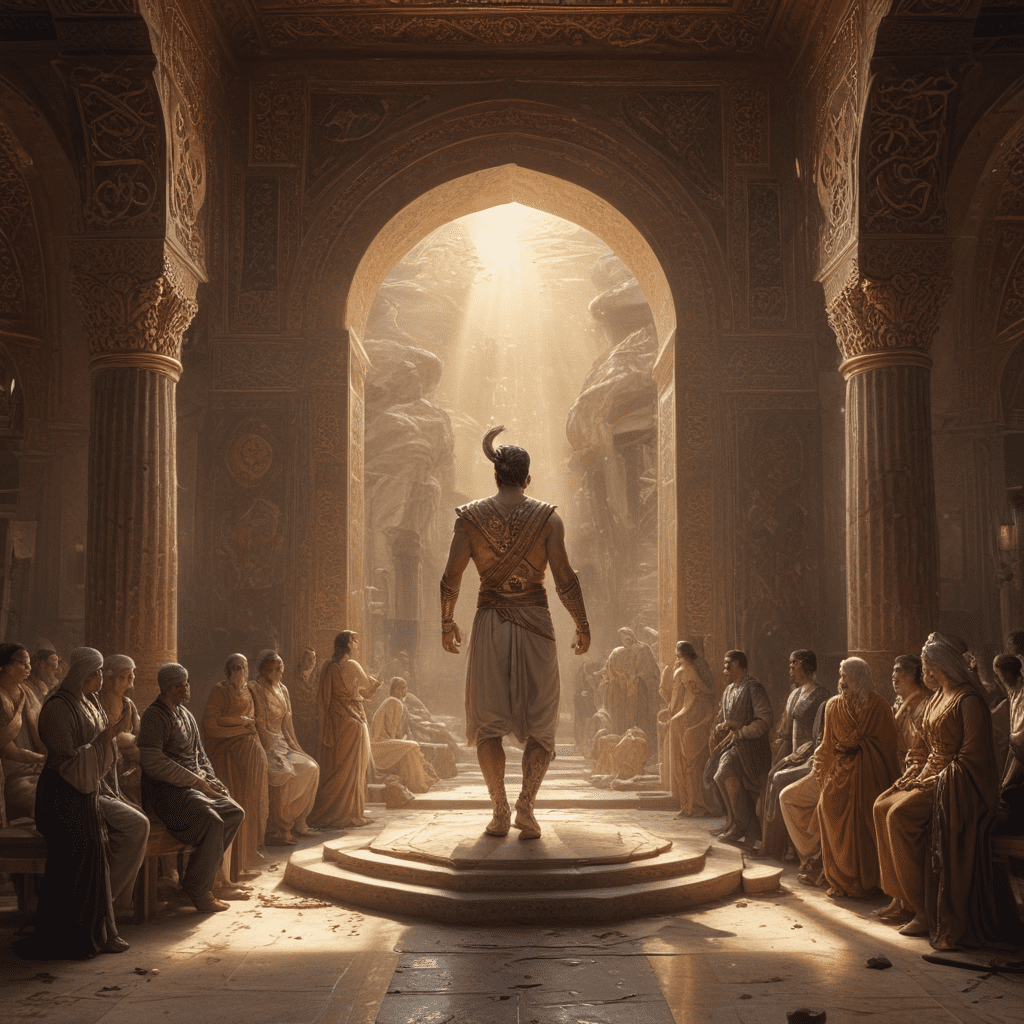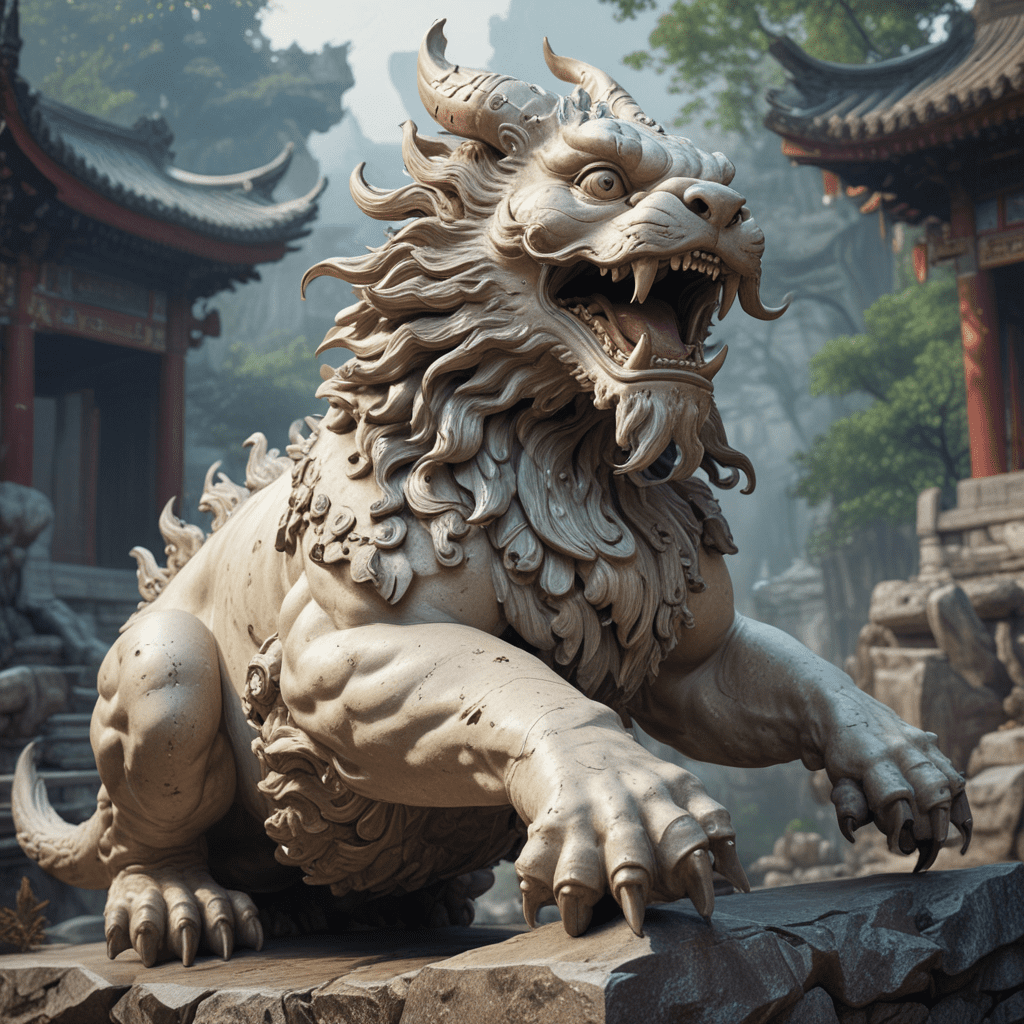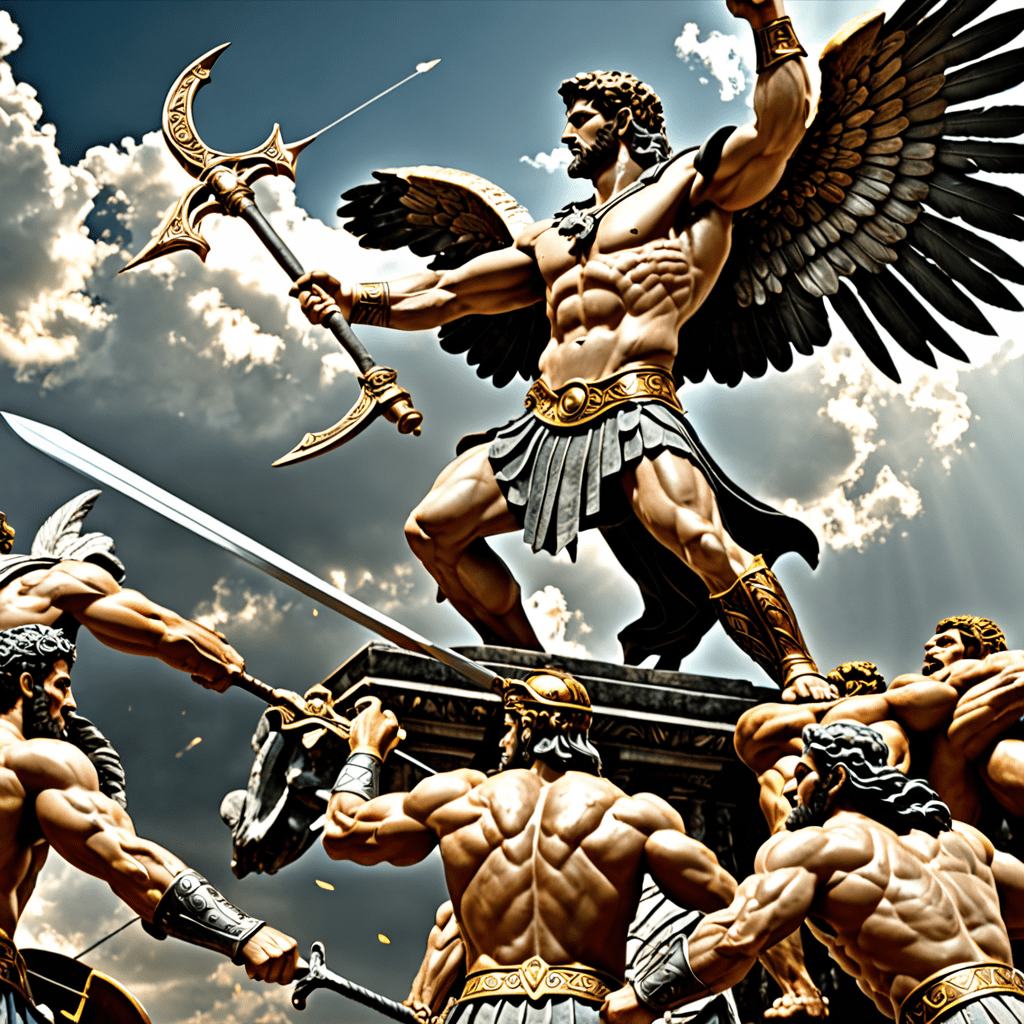The Role of Fate and Destiny in Persian Mythology
1. Introduction
1.1. Introduction to Persian Mythology
Persian mythology, an integral part of Iranian culture and history, boasts a rich tapestry of myths and legends that have captivated hearts and minds for centuries. These narratives embody timeless themes of good and evil, heroism and sacrifice, and the intricate interplay between human choice and divine intervention. At the heart of many Persian myths lies a fascinating exploration of the role of fate and destiny in shaping the lives of both heroes and ordinary individuals.
1.2. Defining Fate and Destiny
"Fate" and "Destiny," though often used interchangeably, hold distinct meanings within the realm of mythology. Fate refers to the predetermined course of events, the tapestry woven by the hands of destiny, while destiny itself embodies the inevitable outcome, the final culmination of one's predetermined path. In Persian mythology, these concepts intertwine to create a complex and engaging narrative framework, influencing character development, shaping plotlines, and prompting profound reflections on the human condition.
1.3. Purpose of the Outline
This outline aims to delve into the captivating world of Persian mythology, specifically focusing on the multifaceted roles of fate and destiny. We will explore the Zoroastrian beliefs surrounding these concepts, delve into the figure of Dēv, the персонификация of fate, and analyze the impact of divine intervention on the lives of characters. Furthermore, we will investigate the tension between preordained destiny and individual free will, and examine how fate manifests itself within the epic narratives and folktales that have become an integral part of Persian cultural heritage.
6. The Role of Fate in Epic Narratives
Fate plays a pivotal role in driving the narratives of major Persian epics like the Shahnameh, the legendary book of kings. This epic collection weaves together tales of heroes, battles, and dynasties, showcasing the intricate tapestry of destiny woven into the lives of its characters.
One prominent example is the tragic hero Rostam, whose fate is intertwined with his tragic flaw: his excessive pride and impulsiveness. Despite his immense strength and unwavering courage, Rostam's tragic flaw leads him down a path of destruction, ultimately culminating in his untimely demise. In contrast, the character of Zal, Rostam's father, embodies the interplay between fate and personal choice. Despite facing challenges due to his unusual birth, Zal exercises his agency, overcoming obstacles and ultimately fulfilling his destiny as a wise and just ruler.
These contrasting figures highlight the multifaceted nature of fate's influence within Persian epics. While characters like Rostam may succumb to predetermined destinies, others like Zal demonstrate the power of personal choice in shaping their own fates. These narratives underscore the complexities of human existence, where predetermination and free will dance in an intricate ballet, shaping the destinies of individuals and empires alike.
7. Fate and Individual Choice in Folktales
Beyond the grand narratives of epics, fate also permeates the realm of Persian folktales, weaving a fascinating interplay between predetermined destinies and individual choices. These tales often explore the themes of love, loss, and the search for meaning, showcasing how characters navigate the currents of fate with varying degrees of agency and resilience.
In the tale of "The Goldsmith's Daughter," a young woman's destiny seems sealed when a prophecy declares that she will die at the hands of her husband. However, through a series of clever decisions and unwavering determination, she manages to change her fate, proving that even in the face of seemingly predetermined destinies, individuals hold the power to alter their course.
8. The Significance of Fate in Persian Culture
The prevalence of fate and destiny in Persian mythology signifies their profound impact on Iranian culture. These concepts resonate deeply with the Iranian worldview, shaping perspectives on life, choices, and the very essence of human existence. By exploring the interplay between fate and free will, Persian mythology encourages reflection on personal responsibility, agency, and the acceptance of circumstances beyond one's control. This philosophical framework provides a lens through which individuals can navigate the complexities of life, find meaning in suffering, and celebrate the triumphs of human spirit amidst the currents of destiny.
9. The Legacy of Fate in Modern Iranian Society
The legacy of fate and destiny continues to permeate modern Iranian society, influencing art, literature, and everyday life. References to these concepts can be found in contemporary poetry, films, and even casual conversations, reflecting their enduring impact on the Iranian psyche. By understanding the role of fate in Persian mythology, individuals gain insights into the cultural values, beliefs, and perspectives that continue to shape Iranian society today.
10. Conclusion: Fate and Destiny – A Tapestry of Human Experience
The exploration of fate and destiny in Persian mythology reveals a captivating tapestry of human experience, where predetermined paths intertwine with individual choices, shaping the destinies of characters and societies alike. From the epic narratives of the Shahnameh to the poignant lessons of folktales, these concepts offer profound insights into the complexities of human existence, the interplay between free will and preordained destinies, and the enduring quest for meaning within the grand scheme of life. In understanding the role of fate in Persian mythology, individuals gain a deeper appreciation for the rich cultural heritage of Iran and the timeless questions it continues to pose about the human condition.
11. FAQ
11.1. What is the difference between fate and destiny?
Fate refers to the predetermined course of events, while destiny refers to the inevitable outcome. In Persian mythology, these concepts are often intertwined, with fate shaping the path towards a preordained destiny.
11.2. How does the concept of Daena influence fate in Zoroastrianism?
Daena is the guiding spirit representing one's fate in Zoroastrianism. It interacts with free will to shape individual destiny, emphasizing the importance of personal choices and actions in shaping one's life path.
11.3. Who is Dēv in Persian mythology?
Dēv is the персонификация of destiny, often depicted as a weaver of fate, controlling the threads of life and death. This figure represents the power of predetermination and the inevitable nature of destiny.
11.4. How do deities influence fate in Persian mythology?
Deities like Ahura Mazda and Zurvan play a role in shaping destinies, representing divine intervention and the cosmic forces that influence the course of events. However, characters still retain some degree of agency, creating a complex interplay between divine forces and individual choices.
11.5. How does fate manifest itself in epic narratives like the Shahnameh?
Fate drives the plot of the Shahnameh, influencing the destinies of characters like Rostam and Zal. The epic showcases the interplay between predetermined paths and individual choices, prompting reflection on the nature of free will and human agency within the grand narratives of history.



